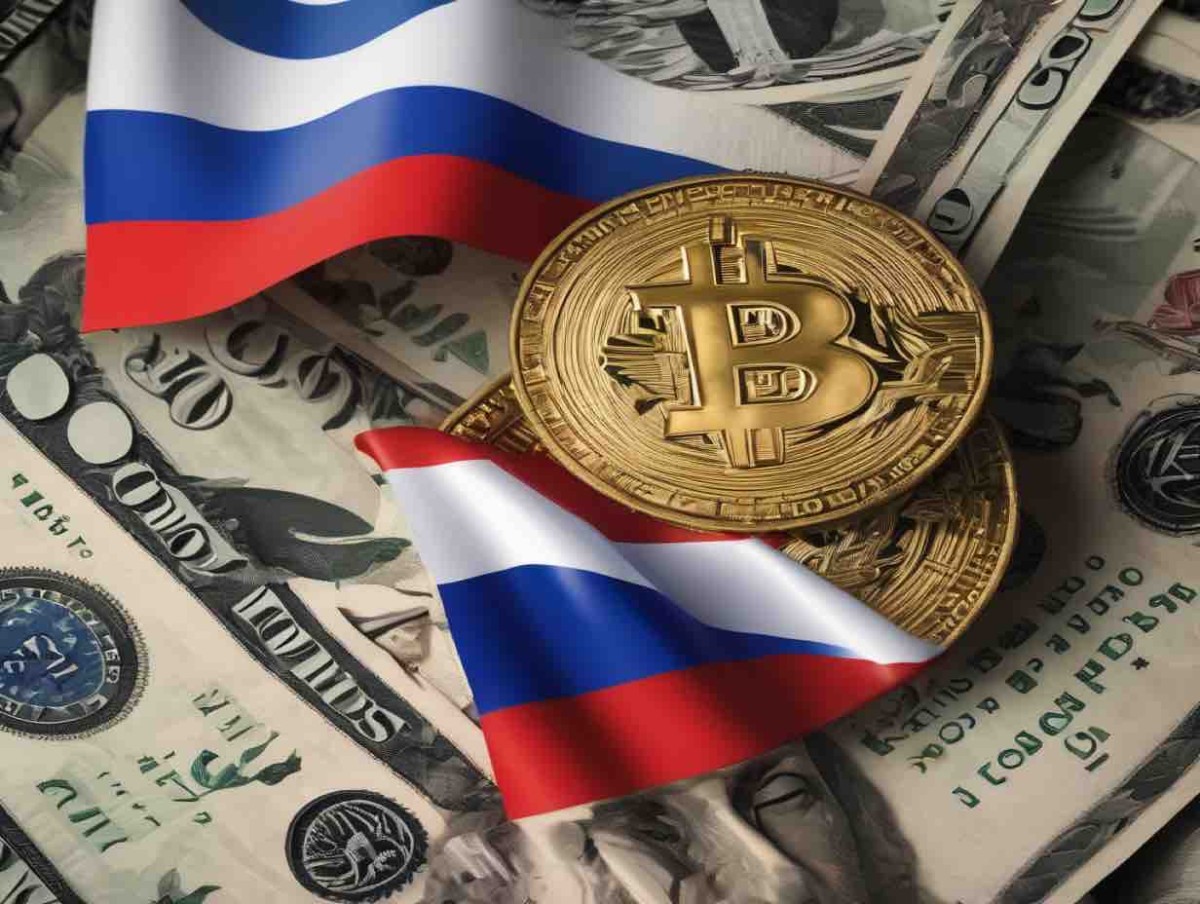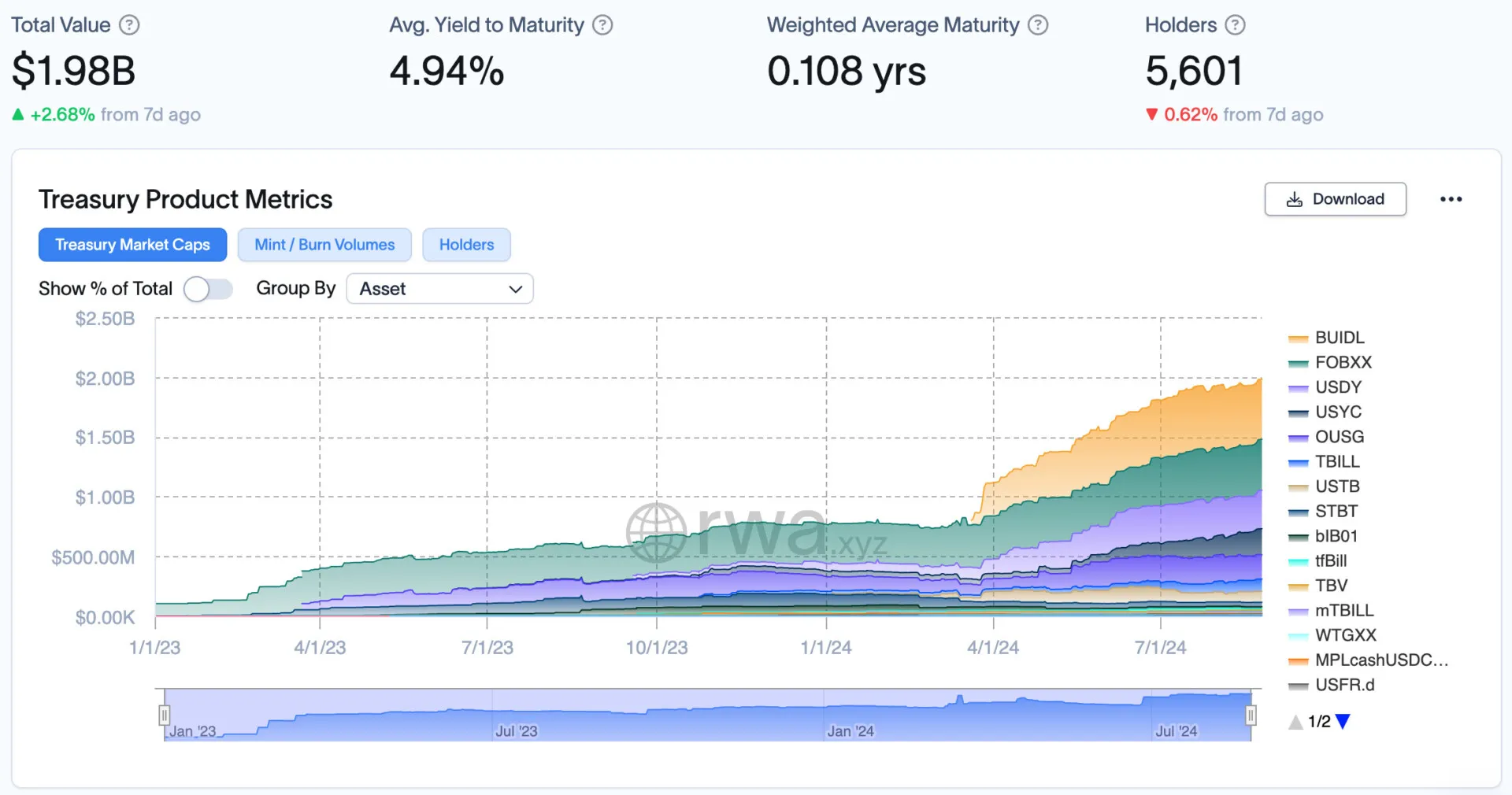The global economic landscape is undergoing a significant shift as Russian President Vladimir Putin weighs in on the declining dominance of the U.S. dollar as the world’s reserve currency. In an interview with Tucker Carlson, Putin expressed concerns over the United States’ use of the dollar as a tool for political leverage, describing it as a strategic mistake that undermines American power.
Russia’s president discusses weaponization of the dollar
Putin emphasized the pivotal role of the dollar in maintaining U.S. supremacy, acknowledging its rapid dispersion worldwide despite the Federal Reserve’s continuous printing of currency and the staggering $34 trillion U.S. national debt. However, he criticized the U.S. leadership’s decision to weaponize the dollar for political purposes, which, he argued, has weakened American influence on the global stage.
The consequences of this approach are becoming increasingly apparent, with even U.S. allies reducing their dollar reserves as a means of safeguarding against potential economic repercussions. Putin highlighted the concerns raised by the U.S.’s imposition of restrictive measures on certain countries, such as transaction restrictions and asset freezes, which have reverberated across the international community.
Putin revealed that until 2022, a significant portion of Russia’s foreign trade transactions were conducted in U.S. dollars and euros. However, due to U.S.-imposed restrictions, the share of transactions in dollars has declined sharply, prompting Russia to explore alternative currencies such as the Chinese yuan.
This shift reflects a broader trend towards diversification and reducing reliance on the dollar in global trade. The decline in the dollar’s dominance is not limited to Russia; other countries, particularly within the BRICS bloc, are also advocating for the use of local currencies in international transactions.
Global trends toward currency diversification
This sentiment was echoed during a recent BRICS meeting, where member countries emphasized the importance of moving away from the dollar as the primary reserve currency. The expansion of the BRICS bloc to include additional members further underscores the growing momentum behind this shift.
Putin speculated that the U.S.’s decision to weaponize its currency may stem from a sense of self-conceit, believing it would lead to the collapse of rival economies. However, the reality has proven otherwise, with countries increasingly turning to alternative currencies like the yuan for trade, particularly in the oil market.
This trend highlights the diminishing influence of the dollar and the need for the U.S. to reassess its approach to global economic relations. Putin cautioned that the U.S. is inadvertently undermining its economic power by weaponizing the dollar, a sentiment echoed by experts both domestically and internationally.
The long-term implications of this strategy could have far-reaching consequences for the U.S. economy and its standing in the world. As the global economic landscape continues to evolve, policymakers must adapt to these changes and pursue strategies that promote stability and cooperation rather than unilateral action.





